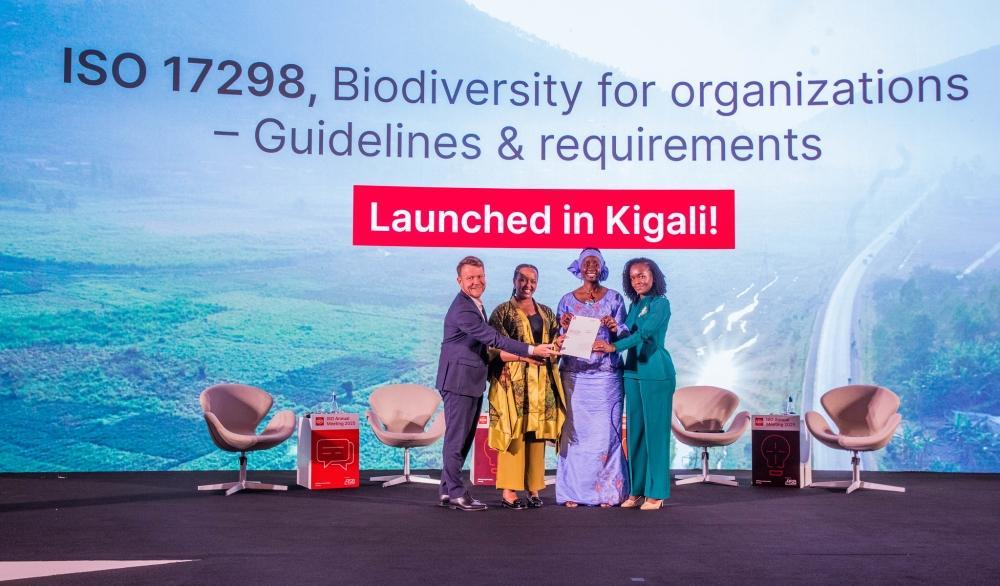Africa-Press – Rwanda. At the ISO Annual Meeting 2025 in Kigali, one issue has emerged with unusual clarity: Africa’s micro, small, and medium enterprises (MSMEs) cannot fully unleash their potential without meeting international standards.
It may sound technical, even dull, but it is a matter that cuts to the heart of economic growth, jobs, and the continent’s place in global trade.
MSMEs are rightly described as the engines of African economies. They employ the majority, drive innovation, and account for a sizeable share of GDP.
Yet, their ability to grow beyond domestic markets remains stifled by an old hurdle: compliance.
Standards, far from being mere red tape, are the passport to credibility in trade. Without certification, African producers remain boxed out of lucrative export markets where quality and safety are non-negotiable.
Rwanda’s response through the Zamukana Ubuziranenge programme offers a glimpse of what is possible. By guiding small firms step by step toward certification, the Rwanda Standards Board is building competitiveness.
This model demonstrates that with structured support, even the smallest businesses can meet international thresholds and contribute to national development goals.
Somalia is another country to look at. The country is taking notable steps, mobilising awareness campaigns and capacity-building to help its SMEs—particularly in agriculture—navigate the maze of international regulations.
The private sector there, too, is waking up to the fact that without standards, their goods, no matter how abundant, risk being confined to local markets.
The lesson for Africa is clear. Standards should not be viewed as barriers but as enablers. They inspire confidence in consumers, open doors to finance, and place SMEs on an equal footing with global competitors.
For governments, the takeaway is to equally and urgently invest in national quality infrastructure, technical training, and certification support.
For SMEs, the challenge is to embrace the process, however demanding it may seem. In the long run, compliance is not simply about accessing markets; it is about building sustainable, resilient businesses that can stand tall on the global stage.
For More News And Analysis About Rwanda Follow Africa-Press






